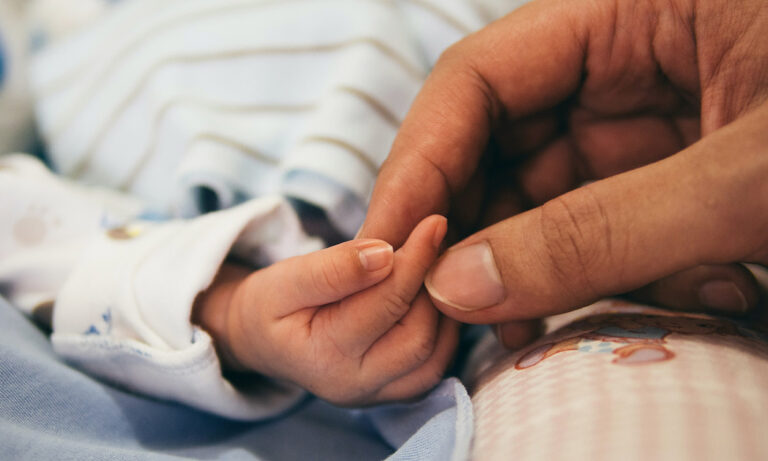‘Russia is not an incubator’: Russian women banned from being surrogates for foreigners
On Russia’s Mother’s Day—which fell on Sunday 27 November this year—Vyacheslav Volodin, speaker of the State Duma (the lower house of the country’s parliament) announced that the nation will soon adopt a law barring foreigners from contracting Russian women to be surrogate mothers for them.
According to Al Jazeera, though paid surrogacy is currently legal in Russia, the practice has been criticised by religious groups as commercialising the birth of children. In fact, the highly-liberal nature of Russia’s surrogacy laws has been under threat for quite some time now.
In 2021, conservative politicians within the nation began creating political waves, stating that the comparatively low cost of using a Russian woman’s womb rather than an American surrogate—nine months of gestation plus labour can be bought for around $20,000—has led to an unholy amount of babies being born and given to gay parents and foreigners, as reported by The Economist. Irina Yarovaya, deputy speaker of the Duma, told officials, “Russia is not an incubator.”
Volodin broadcast his opinions on the matter via the popular hybrid messaging forum and news app Telegram. He stated: “Everything must be done to protect children by prohibiting foreigners from using the surrogacy service. We will make this decision at the beginning of December.”
The politician went on to associate the approximately 45,000 babies born by Russian surrogate mothers in the past few years with “child trafficking.” Volodin further claimed that allowing Russian women to bore children for foreigners has led to crimes such as illegal organ trade and “getting adopted by same-sex couples.”
Paid surrogacy is only legal in a handful of countries including Russia, Ukraine, Georgia, and a few US states. The soaring popularity of this method has unfortunately led to a rise in child abandonment and mistreatment.
As reported by the BBC, authorities who try to resolve and restrict exploitation—both of the children and of the surrogate mothers—are often faced with international dilemmas pertaining to the inconsistency of laws around the world. Therefore, regulation of the practice is far more difficult than one would expect.
If the Russian bill passes its third reading in December, it will be reviewed and officially signed into law by President Vladimir Putin.






